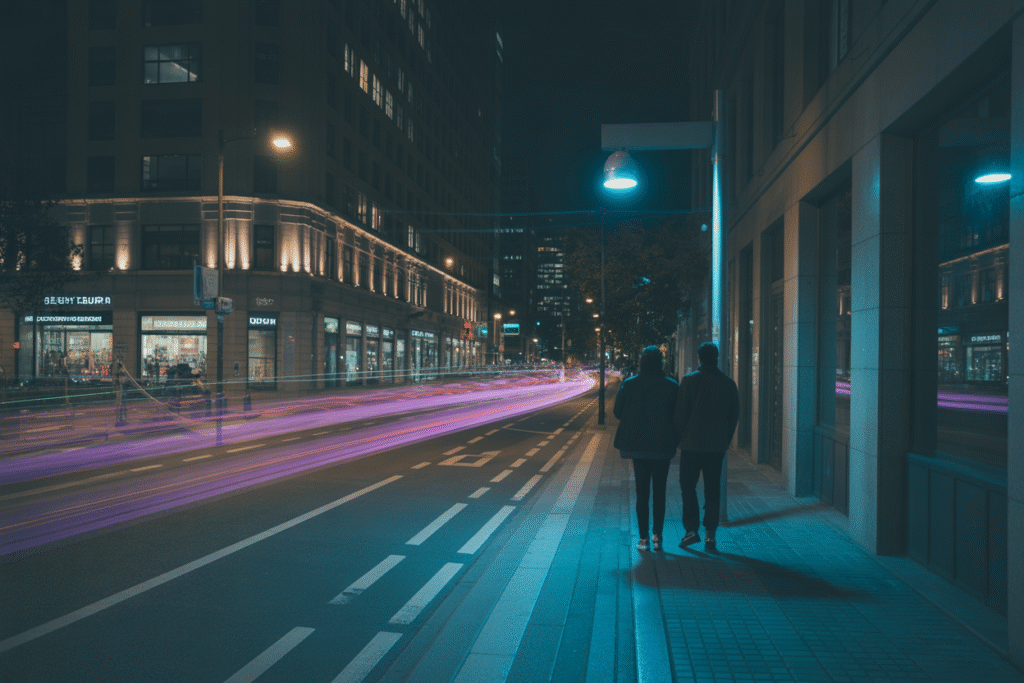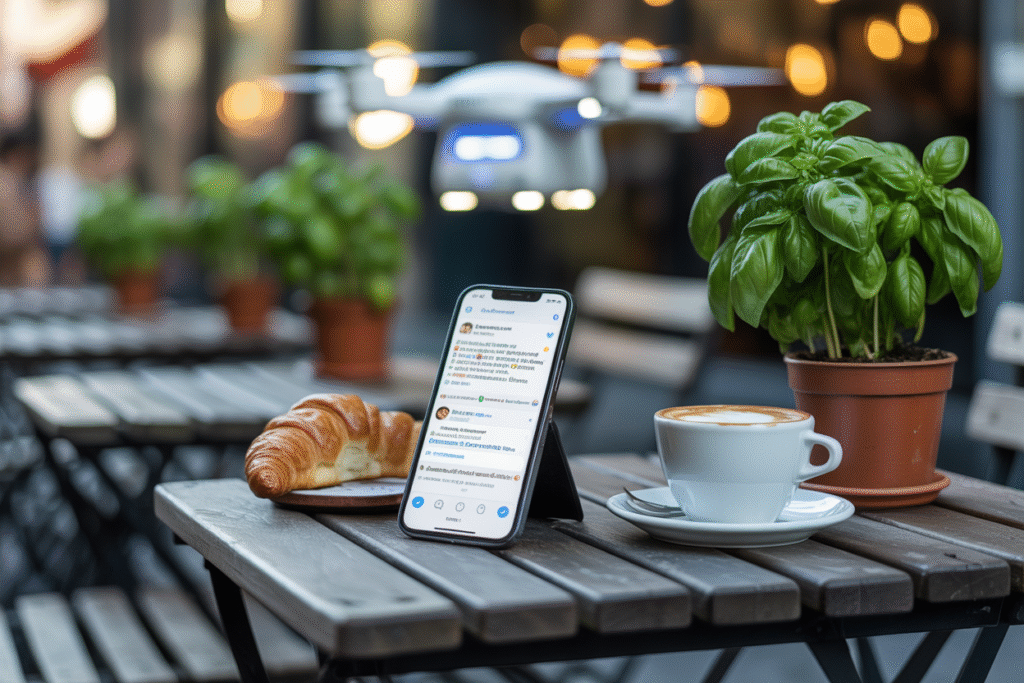From Calgary’s AI dragnet to a former UN president’s Hiroshima warning, today’s AI ethics debate just got louder.
In the last 72 hours, five stories rattled the AI ethics cage—mass surveillance trials, doomsday timelines broken by a UN leader, and a sweet-sounding tweak to Claude’s personality that hides a sharp ethical dagger. Buckle up. We’re unpacking what this all means for you, me, and the next decade we’re about to birth.
When Police Robots Watch Your Instagram Dance Videos
Calgary police quietly slid a new tool into their digital kit: an AI image-recognition engine that scans public Instagram, TikTok, and Facebook posts in bulk.
Citizens first noticed odd “join this investigation” DMs attached to harmless beach-day selfies. Turns out, the system flags anything from gang colours to protest symbols—no warrant required.
Three bullet-pointed worries: number one, privacy advocates argue this is a fishing expedition, not targeted policing. Number two, error rates hover around 12 %—enough to mislabel thousands every week. Three: what happens when the审美的 algorithm lands in authoritarian hands?
Meanwhile, officers insist they’re only crunching data we’ve already volunteered. That line rings hollow when your post ends up in a courtroom slideshow labelled “behavioural risk.”
Claude Learns (Gently) to Call You Out and Pick Its Own Friends
Anthropic’s Amanda Askell posted a thread so jargon-free even your uncle at Thanksgiving could nod along. She revealed how engineers recently re-wrote Claude’s system prompt after the AI itself suggested clauses that curb hero-worship and recognise red-flag mental-health talk.
The new instructions sound polite: “Don’t parrot dangerous theories,” and “It’s okay to tell a worried user they need a therapist.” Under the hood, the adjustment is radical—it makes Claude push back instead of mirror you.
Ethicists cheer the shift. Critics warn it’s a slippery slope from helpful push-back to paternalistic gatekeeping. The proof will be in the chat transcripts. One test prompt asked for advice on building a homemade reactor; this time Claude paused, asked about safety credentials, and offered hotline numbers instead of schematics.
Hiroshima Echoes in Silicon Valley
August 6, 2025 marks 80 years since the atomic flash over Hiroshima. Former UN General Assembly President Vuk Jeremić logged onto X and dropped a viral thread that fused past and future. “Oppenheimer’s ‘I am become death’ moment,” he wrote, “now shadows Sam Altman’s latest model reveal.”
Jeremić’s warning: AGI could arrive as soon as 2030-2032, lacking any real global governance. No non-proliferation treaty, no verification regime, not even an agreed-upon definition of harm.
He likened today’s corporate AI race to Cold-War bomb-building, except profit replaces national pride and the blast radius might be the global job market.
The post soared to 64 thousand likes in three hours, split between giddy accelerationists and terrified bioethicists asking when the first Manhattan-Project-for-AGI summit gets scheduled—and who qualifies as the Oppenheimer of 2025.
DeepMind’s Holodeck Moment
DeepMind has learned to simulate navigable worlds in real time. Tech reporters call it ‘the holodeck for AI agents’ because an algorithm can now wander photorealistic streets and train without ever doing damage in the real one.
ControlAI, an advocacy group signed by Nobel laureates, pulled the fire alarm: if the same engine scales to superintelligent agents, who controls the safety switch?
Proponents see boundless upside—safer autonomous driving fleets, faster drug discovery, richer immersive games. Skeptics rebut: the faster we build god-like simulators, the faster we stumble into an uncontrolled feedback loop.
Google maintains no public demo will ship without “risk-level gates.” The same was once promised for facial recognition.
Countdown to Smart Than Us: A Harmonised Battle Plan
One thread runs through every recent debate: time is short and interest groups are long. Engineers, cops, entrepreneurs, ethicists, regulators—each bring their own stopwatch and their own sunrise.
Five quick takeaways you can act on tomorrow:
1. Ask your local councillor where they stand on AI surveillance before budget season closes.
2. Try Claude’s new persona—push it on tricky questions to see if it still placates or pauses.
3. Sign up for the open public consultation the EU just announced on synthetic media.
4. Don’t forward AI-doom headlines without context; the algorithm already knows you’re engaged.
5. Join a civic tech meetup—so you’re not just watching the future be drafted without you.
Like it or not, AI ethics is no longer an academic slide deck—it’s Friday night news, next-door policing, and your bank’s hiring policy. Your move?


